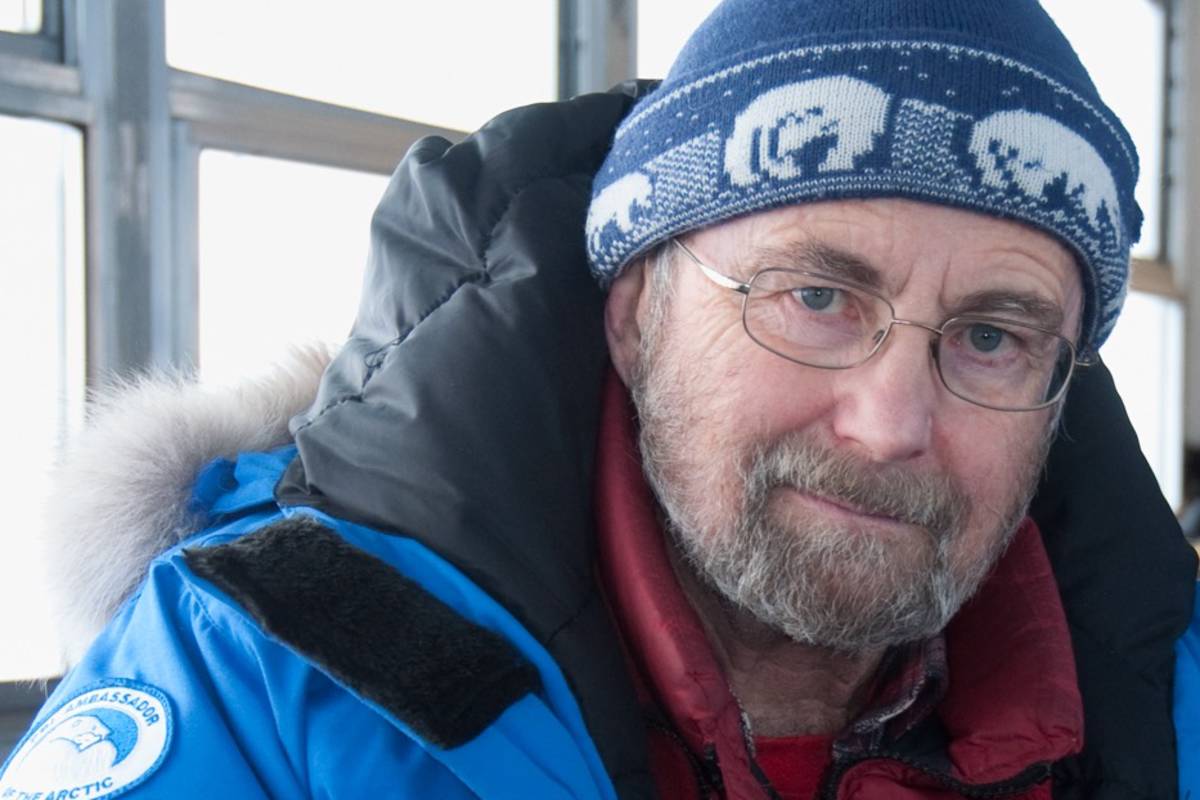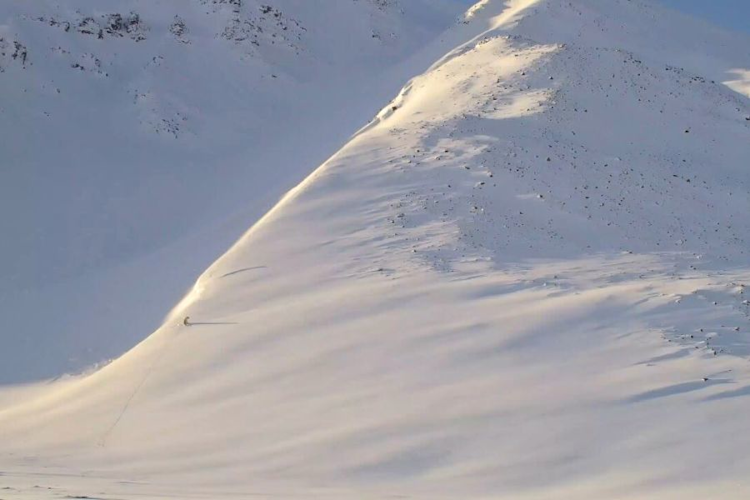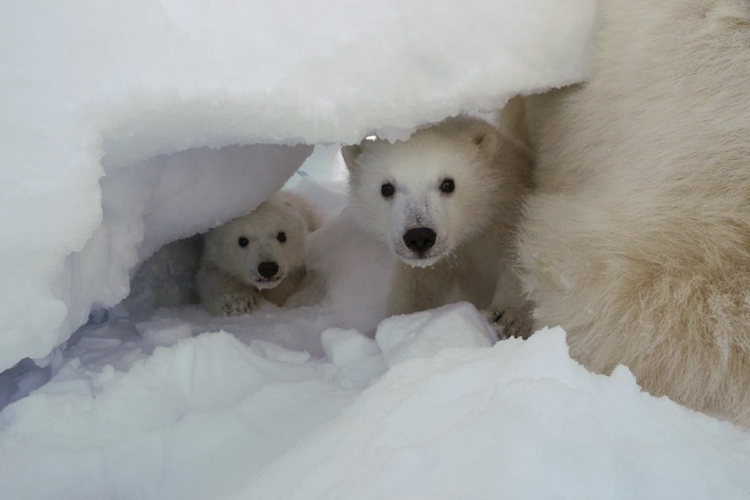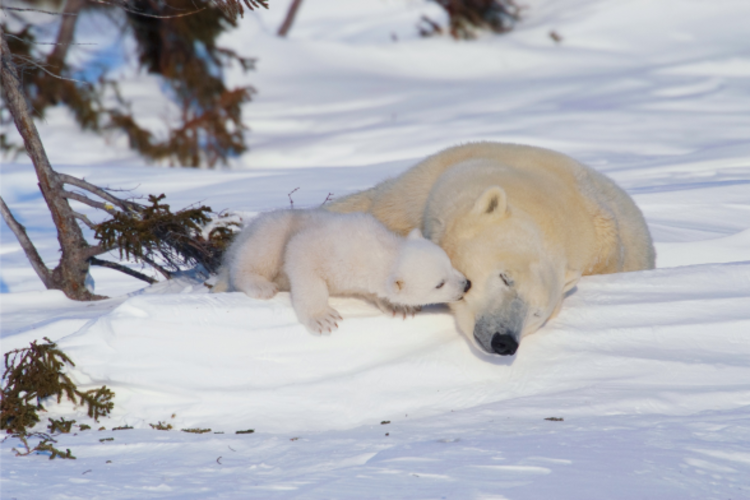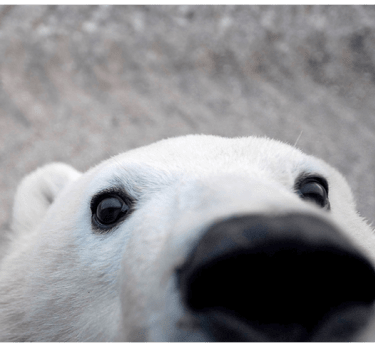Dr. Stirling has studied polar bears across Canada’s north and is known for his long-term research with an emphasis on understanding the bears within the context of their ecosystem (including their prey). He is a research scientist emeritus with Environment and Climate Change Canada, an adjunct professor in the University of Alberta Department of Biological Sciences, and a long-time scientific advisor to PBI. In addition, he is a member of the IUCN Polar Bear Specialist Group and the author of more than 200 peer-reviewed scientific papers and five books, including Polar Bears: The Natural History of a Threatened Species.
Dr. Andrew Derocher, now a professor of biological sciences at the University of Alberta and polar bear scientist, said “Ian’s research on polar bears, and the ecosystems they depend on, laid the foundation for understanding how climate change is affecting the bears. He truly is the keystone scientist of polar bear research.”
Dr. Stirling holds a B.Sc. and M.Sc. from the University of British Columbia in Vancouver and a Ph.D. from the University of Canterbury in Christchurch, New Zealand, where he studied the population ecology of Weddell seals in Antarctica.
Dr. Stirling’s past awards include the Order of Canada, the Northern Science Award, the Kenneth S. Norris Lifetime Achievement Award, and the Weston Family Prize for Lifetime Achievement in Northern Research. In addition, he is a fellow in the Royal Society of Canada.
In conjunction with the Ice Bear Award, PBI released a video, “Ian Stirling: A Life’s Work in Polar Regions.” In it, Dr. Stirling describes his decades of research as well as his early fieldwork in the High Arctic, where he led a study of polar bear behavior by watching bears on the ice through clifftop telescopes. “Being able to watch undisturbed bears for weeks on end in 24-hour daylight—that type of work was absolutely the highlight for me,” he said.
